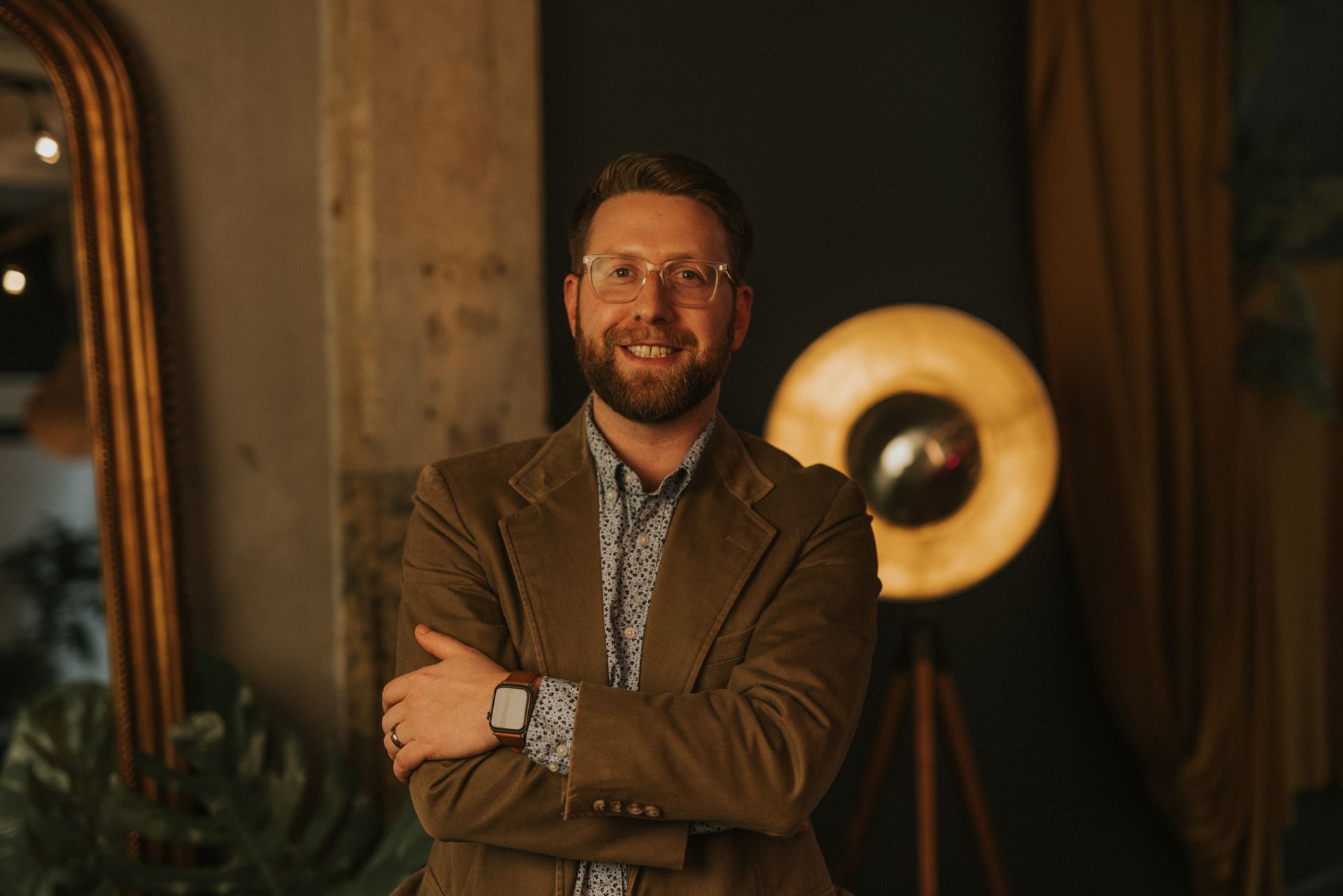Matthew Braman LCSW - Verve Psychotherapy

1. What's your practice focus and what kind of clients knock on your door ?
Verve Psychotherapy is an online mental health practice for men, new dads, and their partners who are looking for a safe space to feel, heal, and grow in compassion, confidence, and connection.
2. Tell us about yourself.
Before leaping into solo private practice, I worked for one of the largest behavioral health clinics in NYC, an adolescent crisis stabilization unit, and a group private practice. I created my vision for Verve Psychotherapy when my wife and I were expecting our first child. I wanted to build a business that worked for me and my family, not the other way around. I've specialized my practice to work with my niche of ideal clients, which motivates me and benefits my clients.
3. Tell us the story of a patient who you are most proud of helping.
I've worked with many clients over the past 10 years of my career. In general, I'm most proud of the work that I do in helping to create a safe therapeutic space for postpartum dads who, like me, have had to quickly learn a lot about becoming a father. There's a lot more community and therapeutic support out there for new moms, and I'm proud to offer a service that may fill some of the gap for access to paternal mental health treatment.
4. What's one of the hardest things that comes with being a practitioner in private practice?
Private practice can be isolating, scary, and worth it. I've had to become very intentional about building my community, networking, and learning about values-based entrepreneurship. I had zero experience with web design, copywriting, marketing strategies, and the admin side of things for running a successful fee-for-service private practice. These challenges can easily contribute to imposter syndrome, and I've had to learn how to doubt myself and figure out how to do it anyway.
5. What are the top 3 tips you'd give to anyone looking to start, run and grow a private practice today?\
1) Self-Care! You have to prioritize it. Manage your time, energy, and money. Establish and maintain healthy, values-based boundaries and routines.
2) ABC; NBC: "Always Be Curious; Never Be Complacent". Invest in the right kinds of continuing education, consultation, supervision, and training when appropriate.
3) Be flexible. Sometimes you plan for a straight line, and then you find some bumps in the road, and you may have to pivot, change direction, or maybe even let it go, you know?
6. Where can people find you?
Website:
https://www.vervepsychotherapy.com/
PsychologyToday URL
https://www.psychologytoday.com/us/therapists/matthew-braman-new-york-ny/436195
LinkedIn URL
https://www.linkedin.com/company/verve-psychotherapy-lcsw-pllc/
Instagram URL
https://www.instagram.com/vervepsychotherapy/
Facebook URL
